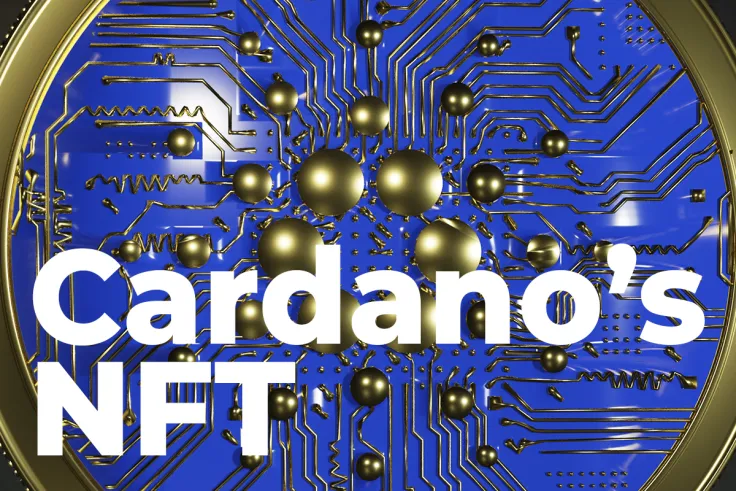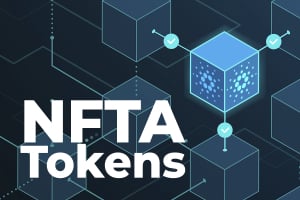Mr. Hammond, an expert in the Haskell programming language utilized in Cardano's (ADA) architecture, displayed three non-fungible tokens created with a novel instrument.
Pioneering "programmatic minting" on Cardano (ADA)
According to Mr. Hammond, a first clutch of non-fungible tokens is released on Cardano (ADA) via Plutus script token factory.
Just minted three NFTs using a Plutus script token factory on #Cardano
— Kevin Hammond (@khstandrews) September 12, 2021
We have programmatic minting of NFTs! @IOHK_Charles @IOHKMedia https://t.co/TFe1bVfgzY?from=article-links
To display the newly minted tokens, Mr. Hammond shared the link to the corresponding address on Cardano (ADA).
As per the Cardanoscan explorer, besides 4.13 ADA, the aforementioned address holds three tokens dubbed "Kevin," "Charles" and "Tim."
These tokens were minted on Cardano on blocks 6236229, 6236236, 6236248, i.e., right after the activation of smart contracts functionality.
What is special about NFTs on Cardano (ADA)?
Cardano's Plutus is a scripting programming language similar to Haskell: the Haskell compiler plugin creates Plutus Core scripts.
Cardano has already witnessed some eccentric NFT-centric initiatives.
As covered by U.Today previously, Cardano (ADA) pioneers the concept of NFTAs, "non-fungible tokens of appreciation." These tokens are minted pursuant to CIP 721 Metadata Standard, i.e., they are similar to ADA.
Yesterday, Cardano (ADA) activated smart contracts functionality in mainnet. As such, the platform becomes suitable for decentralized applications and decentralized financial protocols.



 Dan Burgin
Dan Burgin Vladislav Sopov
Vladislav Sopov